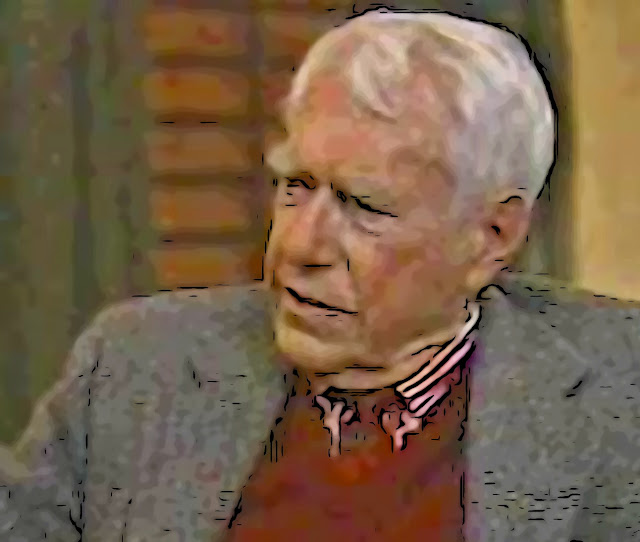Wrestling with God

Jacob wrestles at a place he names Penuel, "Face of God" When I began posting this weekly blog, I imagined that three years would be limit, that I'd run out of material by then. I wrote a year of essays before putting anything online to shield early posts from comments. As it turns out, comments have been few and kind, so this was no problem. This post is my 155th, one short of a three-year run, the penultimate if I stop at three years. In any case, it's time to try to sum up questions I've wrestled with over the years. There can't be a much bigger question in the Abrahamic traditions than God. I am a confirmed atheist with regard to many retrograde God-concepts. I'd sooner be a polytheist than a theist in the tradition of the brutal war-god of Abraham and Moses. Before the Babylonian Exile, most Hebrews weren't monotheists, but monolatrists , acknowledging many gods but honoring only their own. It was a dogfight between their Yahweh and Baal, and Y...





